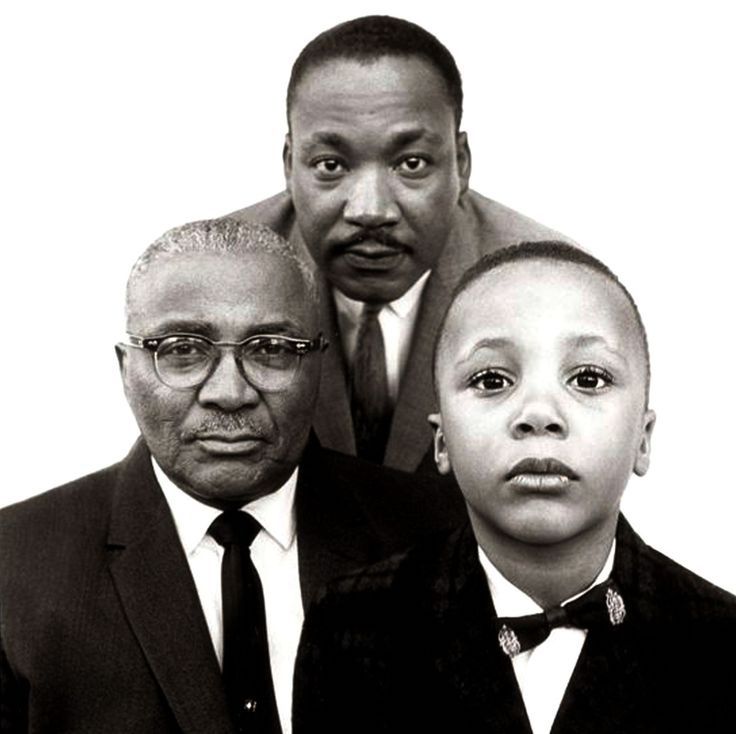When I was a young man (a long, long time ago), I was sensitive to many arguments against belief in God. I didn’t become an atheist, but I probably became something of an agnostic – at least in my head, if not in my heart. What brought me back to an intellectual conviction that God exists was, more than anything else, the example of the saints (if I may call them that). The morally best people in history were all, it seemed, believers in God. I was thinking not just of Jesus, but of the likes of Socrates and Marcus Aurelius and Francis of Assisi and, in modern times, the likes of Gandhi and Martin Luther King Jr.
How shocked I was, then, when I later learned that MLK had been far less saintly than I had imagined. He had been a serial adulterer. Now I personally am not entirely shocked when I encounter cases of unchastity, even though I belong to a religion (Catholicism) that rightly warns about the dangers of unchastity. I don’t mean that I approve of fornication or adultery or homosexuality; I don’t. But in most circumstances, I probably wouldn’t disown a friend because he (or she) was guilty of one or more of these sins. When informed (as I often have been) that a friend is guilty of one of them, I tend to shrug my shoulders. I don’t expect my friends to be saints. I just expect them to be relatively decent people, and I can admire them despite their moral failings.
But when I heard about MLK’s sexual sins, I didn’t shrug my shoulders and say, “Well, nobody’s perfect,” because in Dr. King’s case I thought we had an example of perfection – of a genuine saint. But though a basically good man can be an adulterer, a saint cannot.
But now that I could no longer think of King as a saint, how was I to think of him? For one thing, I could still think of him as a great man, for he was certainly that.

In fact, he was a much greater man than he is usually given credit for. He is usually thought of as having been a great benefactor of American blacks. He was that, to be sure. But he was much more than that. He was a benefactor of American whites as well. For it was he who, more than anybody else, black or white, persuaded American whites that racism is wrong and that America’s long history of racism was something to be deeply ashamed of.
If Plato was right in saying that doing injustice is worse than suffering injustice, King was a greater benefactor of whites than of blacks. For blacks had suffered injustice, but whites had done the worse thing, inflicting injustice. In teaching whites to give up their wrongdoing, he was conferring a greater benefit on them than he had on blacks by freeing them from their status as victims. Just read his Letter from Birmingham Jail.
MLK’s greatness was also shown in his leadership abilities. He was probably the only non-President who was in the same leadership league with Washington, Lincoln, and FDR.
And he was a man of tremendous courage. If he was deficient in the (rather more feminine) virtue of chastity, he super-abounded in the (more masculine) virtue of courage. He knew that he could be murdered at any moment, and it seems he expected to have his life cut short by assassination. The talk he gave in Memphis on the eve of his murder is full of this anticipation. It was as if he knew it was coming, and coming soon. And yet he kept moving forward.
He was only 39 years old when he was assassinated. Lincoln and Julius Caesar were in their fifties. Gandhi was an old man. What a tragedy for Americans, and especially African-Americans, that his life ended when he was barely halfway through it. One wonders (at least I wonder) what his response would have been to the collapse among African-Americans of the married, two-parent family, a collapse that has prevented millions and millions of blacks from gathering the fruits of the civil-rights revolution that King led.
I wonder how God does his moral accounting. Does an excess of one virtue (courage, for example) nullify the deficiency of two other virtues (chastity and marital fidelity)? Can a great man be forgiven sins he hasn’t repented of? Can a man unconsciously repent of sins without abstaining from their commission? How does God weigh the production of good versus abstention from evil?
Though MLK was not a saint, and though he was indeed a very serious sinner, I cannot avoid the feeling (I mean the intuition) that we must count him as a man morally superior to the many good but ordinary men who manage to abstain from adultery and other serious sins. I cannot avoid the feeling that, like King David (another adulterer), MLK was one of God’s favorites. In saying this, I don’t mean to minimize the wickedness of adultery (either King’s or King David’s or anybody else’s), nor do I wish to suggest that God is “soft” on adultery.
What, then, do I mean to suggest? Well, I’m not sure – other than to suggest that God’s moral universe is no simple thing.
Just some things to ponder for MLK’s Birthday.
**Image: Three Kings (Sr., Jr., and III) by Richard Avedon, 1963














